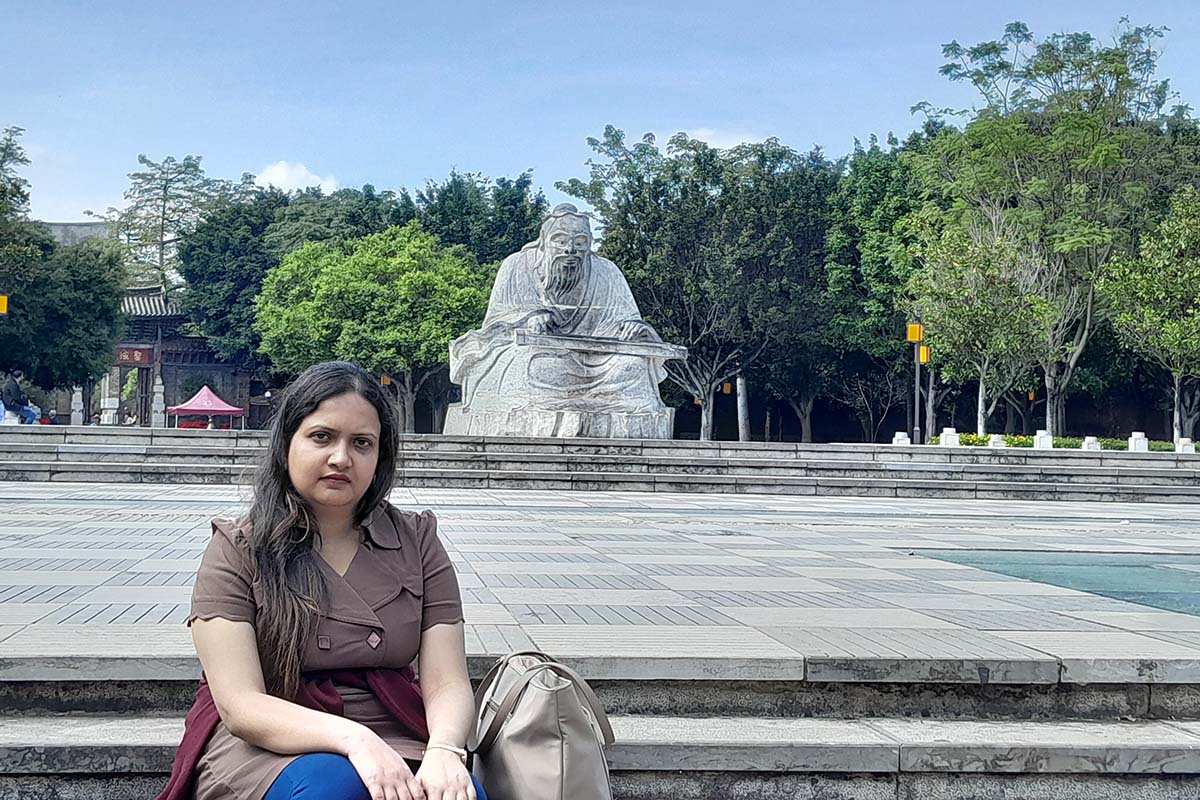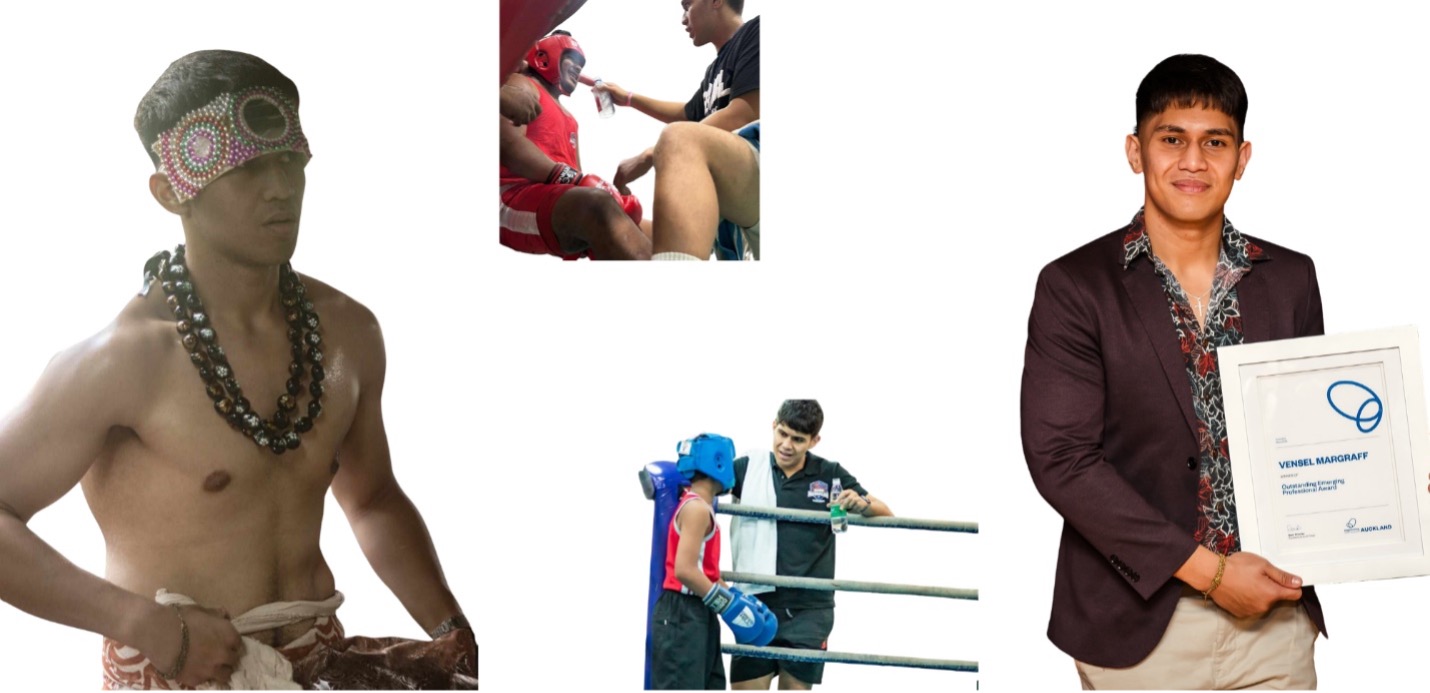Creating safe spaces for young people
February 7A blog by Mridul Upadhyay
How can leaders of organisations guarantee inclusive and safe spaces for those who work for them and those with whom they collaborate? This question is often overlooked or considered unimportant. The challenge, of course, is that a focus on meeting profit and non-profit targets often takes priority over such considerations. However, there is a well-established link between safety, peace and security and the ability to learn, engage, thrive and contribute to the growth of an organisation and to the realisation of its goals. This is especially true for young people who are still developing and growing professionally and in so many other ways.
In my view, it is a critical matter for every organisation and a key component of peacebuilding. Therefore, I would like to share my thoughts and experiences of creating safe spaces, particularly for those who work with youth.
Personally, I believe meaningful, inclusive conversation is the best place to start. When an organisation establishes a culture in which people are empowered to speak and encouraged to listen, change will follow. Often though, this revolution has to start at a grassroots level. Actually, it is a process for which we should all take ownership.
So, the first step is to stand and look at yourself square in the mirror and ask ‘am I doing enough to create safe spaces?’ Taking responsibility is empowering because it erases feelings of helplessness and sparks creativeness and innovation.
Second is the recognition that creating safe spaces is a multidimensional issue. This is why from its inception in 2015, the Youth for Peace International (YfPI) vision has been powered by a passion to take ownership; and guided by the mantra that we need to ‘visualise, create, protect, demand and reclaim’ meaningful inclusion and safe spaces for youth to achieve peace in our communities.
Visualise
Change and creation begin with visualisation of what the new or improved entity will look like. And since their environment has a decisive impact on young people’s development and contribution, we need to start by conjuring an image of societies in which the free and full development of an individual’s personality and potential is possible. Then we need to ensure that this idea does not remain hidden in our heads, growing cobwebs. We need to share our vision and learn about others’ visions, and then see how we can collaborate. That is why YfPI uses dialogue to facilitate cooperation and to pave a way for progress.
Create
The next step is to work together to actually create safe spaces. This starts with ensuring that the vision has been developed into a clearly defined concept. So what are safe spaces?
Safe spaces ensure dignity, respect, safety, inclusion, and positive self-worth, all fundamentally important to wellbeing. It means having a keen understanding of the context in which you are working; it means being equally committed to the community and the cause; it means, belief in every individual’s capacity to act independently; and it means a spirit of cooperation and the pursuit of sustainability and impact.
So, think about what you can do to create inclusive and safe spaces, not only for those you work with directly, but also young people you consider to be your peers or those you collaborate with outside your organisation. This may require practical things such as providing humanitarian support to marginlised communities.
Saumya Aggarwal, a young peacebuilder and CEO & co-founder of YfPI, sums it up nicely when he says, “ensuring the internal practice of what we preach is more difficult but it’s worth striving towards to see colleagues making their decisions collaboratively and helping each other with constructive feedback. For physical and psychological safety, obviously, any form of bullying, harassment and negative peer influence are curbed within the organisation, but still, a process is created to report any violations and seek support without fear of disclosure or being judged.”
Protect
The next important part of our approach is to protect safe spaces. This is especially important for us to consider as we work and socialise online. Our digitally engaged generation needs to be on the lookout for virtual dangers such as hate speech. We should educate ourselves with strategies to counter these practices. We can make a positive difference by helping others to deconstruct biases and understand how they can be part of a vicious cycle of discrimination and violence.
Demand
The other lesson I have learnt is the importance of being bold and vocal. The reality is that safe spaces are often determined by policies and organisational practices. So, we must clearly define what governments and other agencies should do effectively to ensure meaningful youth inclusion and safety, and then demand their enabling participation, protection and partnership.
Reclaim
And the last tenet of effective safe spaces is the concept of reclaiming. This is particularly important for individuals or communities that have experienced violence and trauma. A critical part of rebuilding and regaining hope is reclaiming safe spaces. This is why YfPI provides afterschool activities for at-risk children and adults. We understand the importance of creating a place of safety. So we focus on positive self-expression and peace through play, art and craft activities, music, dance and storytelling sessions.
It’s incredibly rewarding and a lovely adventure to explore and expand spaces for empathy, mindfulness and peace. As youth leaders we, undoubtedly, have a complex struggle with our own biases, egos and comfort zones. And naturally, we will have setbacks and challenges, but I believe that if we each take ownership of peacebuilding and creating safe spaces within our limited spheres, our impact will spread like a ripple and join together to create a wave of positive change.






